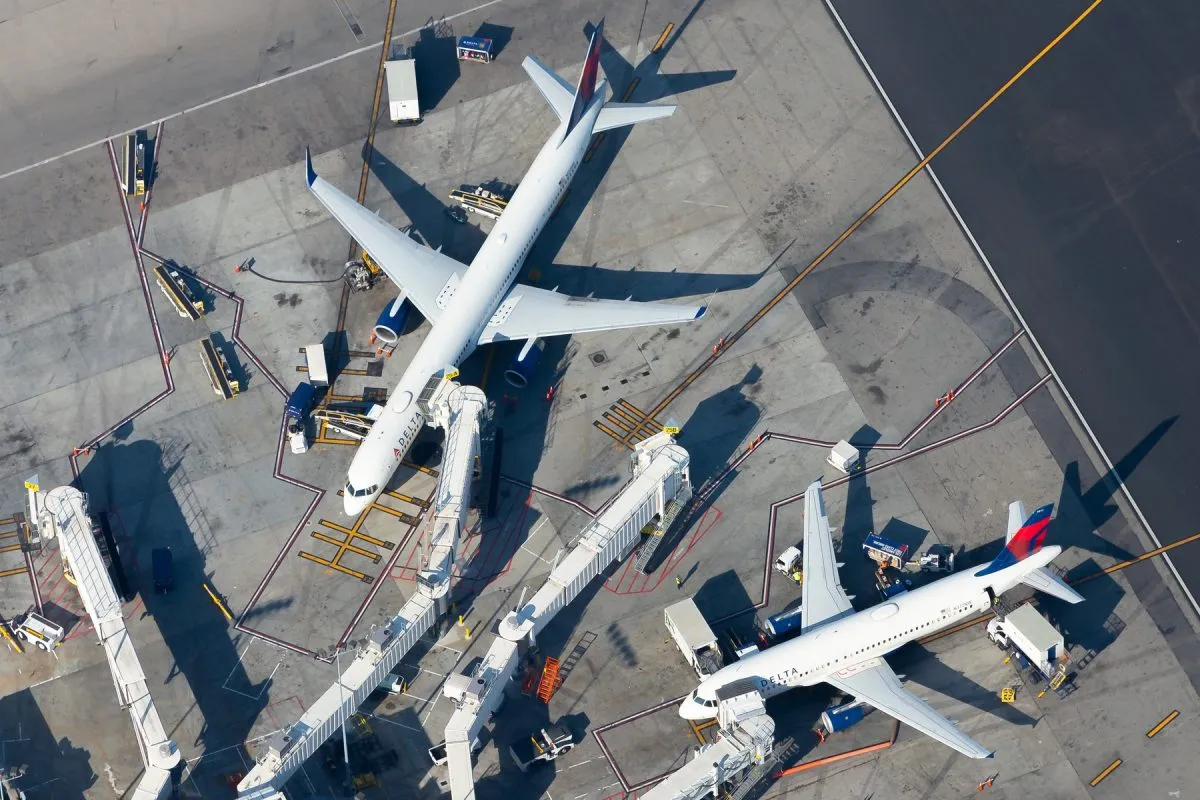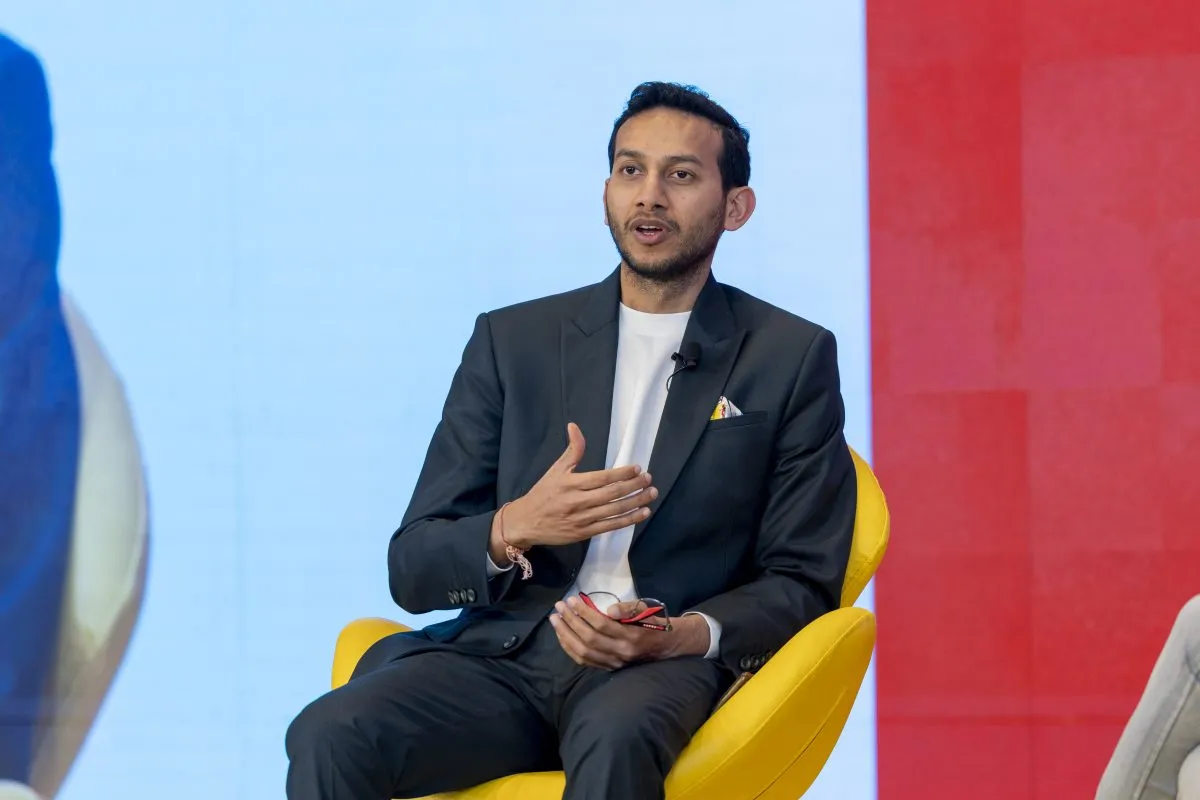European travelers can't save Greece, so how about Chinese and Indian ones?
Skift Take
"We had a splendid time at the Villa Paradiso," we wrote in the visitor's book after a fortnight of hot, cloudless days and warm nights, tickled by the villa's name and keen to see it on the page. Everyone agreed that it might have come from an old-fashioned thriller – Murder at the Villa Paradiso – though the house was new and lay at the end of a field in Greece, rather than on a moonlit headland on the Cote d'Azur.
Every day began the same way. First, at some distance, cocks crew and dogs barked. Then the birds began their dawn shrieking, a din that settled down eventually to the steady cooing of doves and pigeons, one of which went through the whole day with the first four notes of Autumn from Vivaldi's Four Seasons — coo-coocook-coo, coo-coocook-coo — without ever getting further into the piece. The crickets started up when the sun hit the trees. We sat on the terrace and ate our breakfast of yoghurt and honey as swallows, or perhaps swifts, swooped across the pool in front of us. The sea shone silvery blue at the end of the valley. This was the life! From the damp perspective of London it seems long ago, but it was only last week.
Greece intended to build its economy on people like us: sun-seeking tourists from northern Europe and North America, rich enough to spend two or three weeks every year in a hotel or a rented villa, to hire a car, to eat in tavernas and buy wine and peaches in the local mini-market. Our island, Kefalonia, had come quite late to this game.
The guidebook said that the stubborn and suspicious nature of the inhabitants had kept development at bay until the late 1980s, though a more likely cause of the island's relative under-exploitation is the great earthquake of 1953, which ruined most of its towns and villages and prompted many Kefalonians to migrate to Australia. Many of its villages disappeared for good, but the towns were rebuilt, for the most part charmingly, and the popular success of Captain Corelli's Mandolin as both a novel and a film has given Kefalonia a more attractive kind of fame, and helped fill the flights from Manchester and Gatwick.
For an island that has lost half its population since the raisin trade collapsed early in the last century, it looks remarkably prosperous. Villas and apartment blocks climb up the hillsides, a stretch of dual carriageway leads out of the capital, shops sell luxurious brand names. Germany has a noticeable presence in the form of BMWs, a Lidl supermarket and roadside adverts for "German-made kitchens"; the complicated but robust doors and windows of the Villa Paradiso were also, as our landlord pointed out, made in Germany. But the Germans themselves are missing. "They don't come because they think we don't like them," a shopkeeper said, explaining that their apprehension was mistaken; the "ordinary German" was just as much liked as ever, and that Greek hatred was confined (so he said) to the German newspapers and politicians who depicted Greeks as bone-idle fraudsters.
Fewer Europeans
Other European nationalities – the British, Italians, Swedes – haven't stayed away in the same numbers, but there are still fewer of them. All across the Greek islands the story is the same. So far this year ferries have carried 15% fewer passengers and 25% fewer vehicles than by the same point in 2011. A report in the Athens daily, Kathimerini, warns that unless traffic dramatically improves in August many ships will be mothballed or sold abroad. But what about the holiday apartments and villas Greece believed would drive the new economy? Unlike ships, they're not easily moved. They stand half-finished, concrete frames sprouting rusty reinforcing rods, among unkempt olive groves. The olives may still be harvested (often by cheap migrant labour) but the crop's cultivation and pressing is no longer seen as serious industry.
Out of the mechanised plantations of Italy and Spain has come devastating competition, on price if not quality. In tourism, Greece believed it had an industry far superior to agriculture or food processing, not least because it provided the kind of jobs – those with desks and screens – that people want. And five or six years ago there seemed to be no limit to its growth; the richer the rest of Europe got, the more weeks it could afford to spend in Greece's clear seas and reliable sun.
The Villa Paradiso belonged to this time. No expense had been spared. It had been built along the elegant lines of something older, but it remembered to be air-conditioned. A circular dance floor laid in concrete took up part of the lawn; the swimming pool had underwater lights that came on automatically at dusk. Our hospitable landlord and landlady said they'd built it for themselves, were building two others villas nearby, and had bought land elsewhere for a boutique hotel. That was before the Greek crisis arrived. Now the landlord, a marine engineer, hoped he could get a job at sea this winter, though that might be difficult given that a chief engineer from Greece costs twice as much in wages as one from the Philippines.
The cost of living
Nobody we met wanted to return to the drachma. "It would set us back 60 years," said the shopkeeper who talked about the Germans. But a consequence of sticking with the euro, for the tourist as well as the hirer of chief engineers, is that Greece is expensive. Two Greek salads, two lamb kebabs and two stuffed tomatoes with chips, two glasses of wine and two beers, and what are we looking at? At least €60 in even an ordinary place. The "cheap holiday" that Greece used to promise northern Europe has gone the same way as cheap Greek seamen or cheap Greek olive pickers; in Kefalonia, to keep down the cost of agricultural labour, they sometimes come from Pakistan.
In this, Greece is not much different from the rest of Europe. It just poses the question "How can the nation earn its living?" more extremely. In any case, eating cherries (€5 a kilo) by the Villa Paradiso's pool hardly fitted us to be so stern about the faults of others, if faults are what they are. Better to consider the two stone gateposts we drove past every day on the road into town, which were among the rare pieces of architecture to survive the earthquake in this part of the island. How many new ruins will be added to these old ones if tourism never recovers? Already the frames of hundreds of buildings are standing there ruin-like, just as they do in Ireland and Spain, memorials to the time when the optimism was stupid and the going was good. Turning the rich of China and India into Hellenists and sunbathers may be the only way to finish and fill them, now that Europe is over the summit of its prosperity. The torch passes. Lucky them.
![]()





